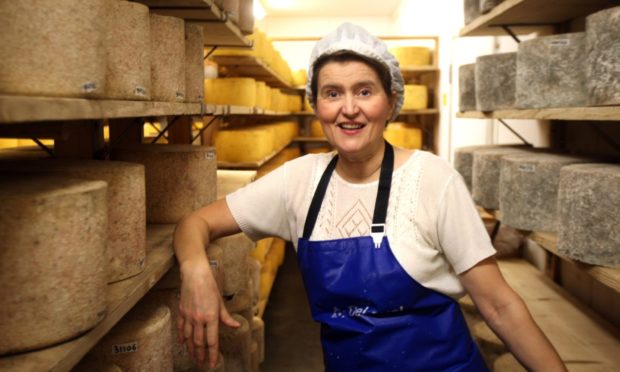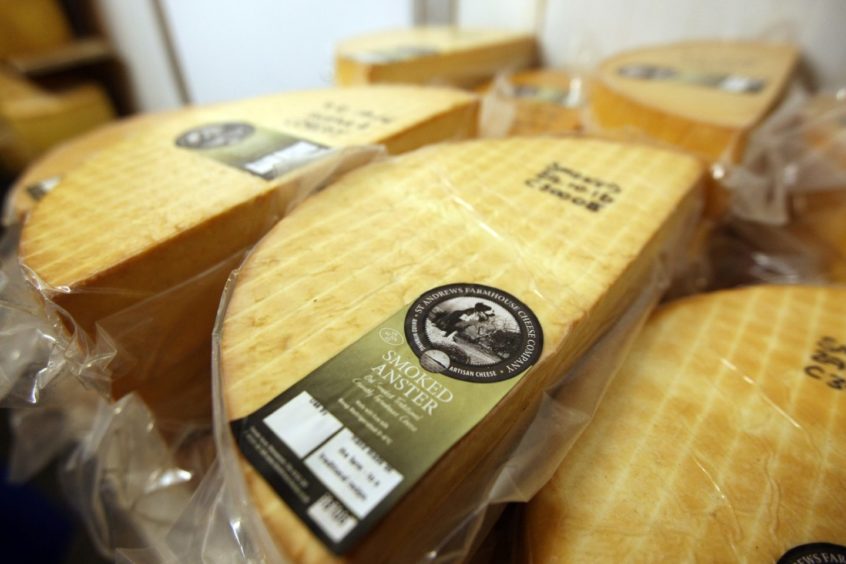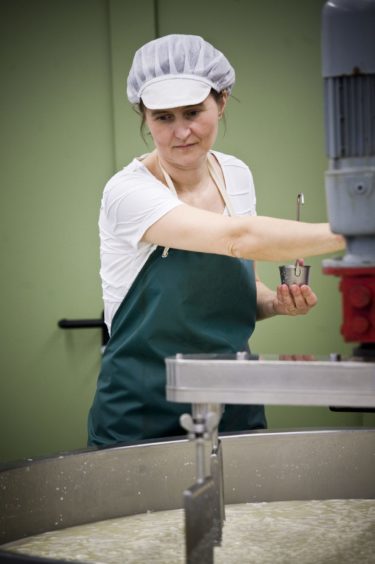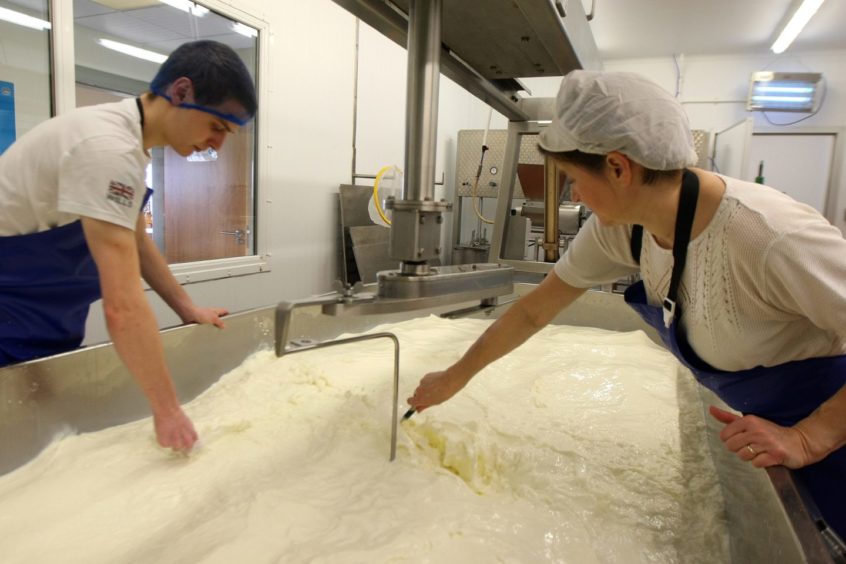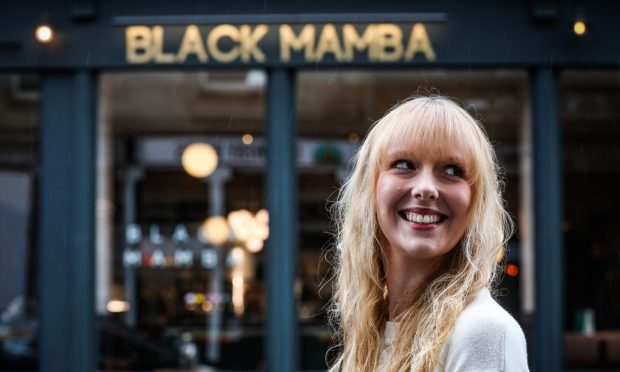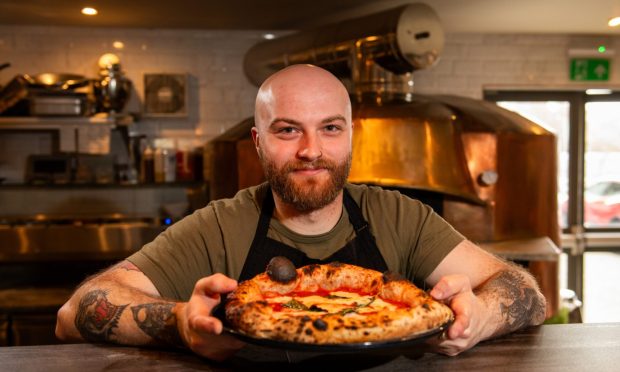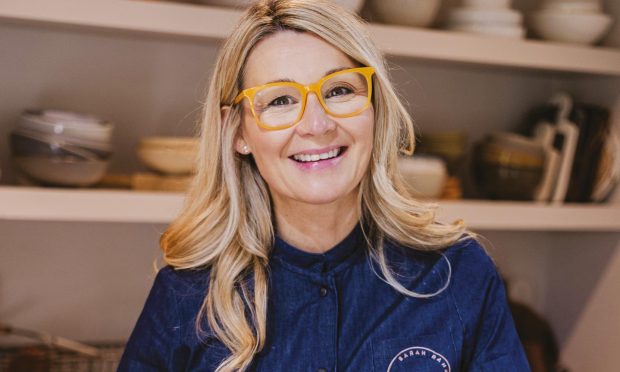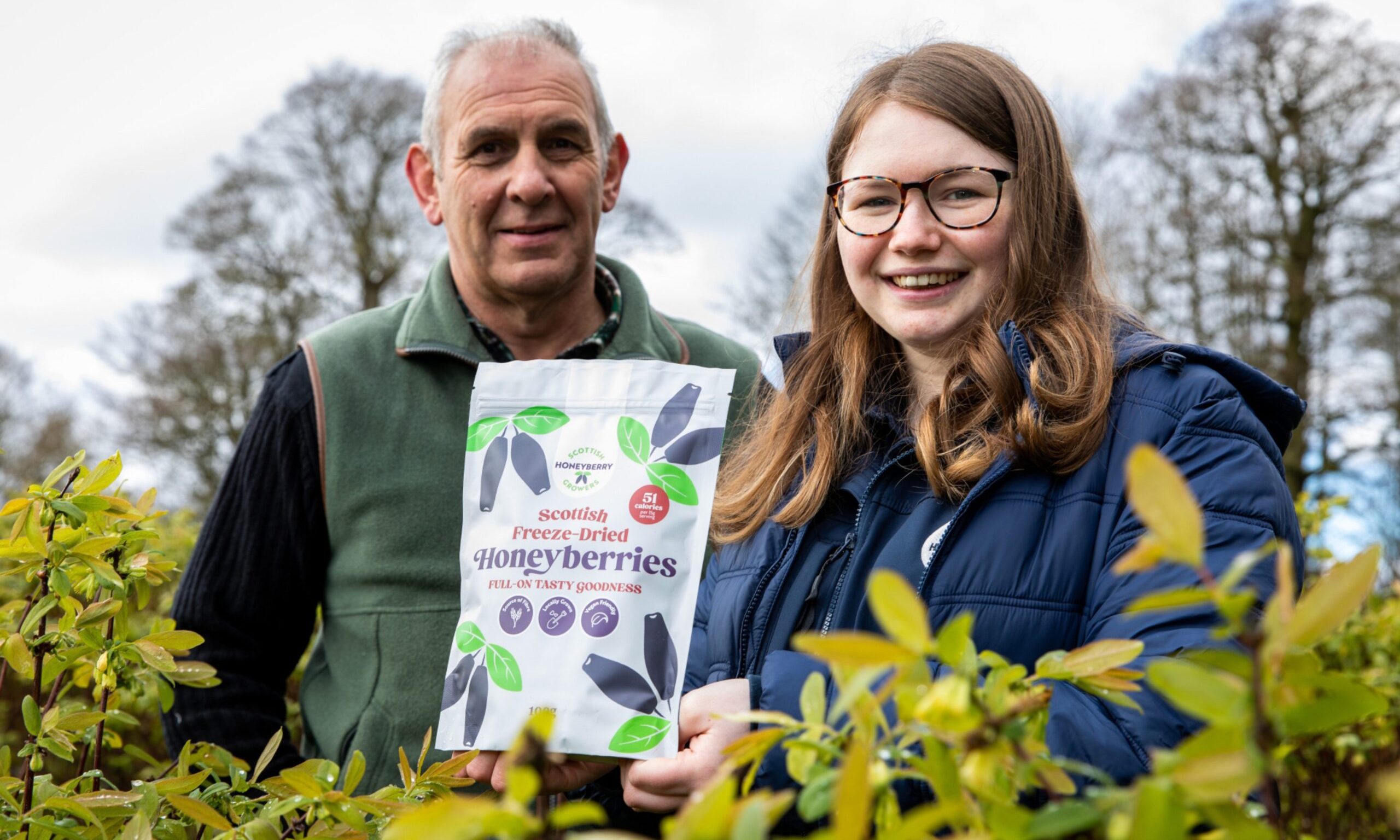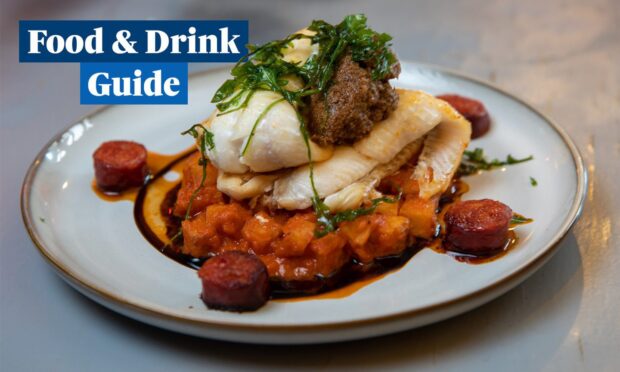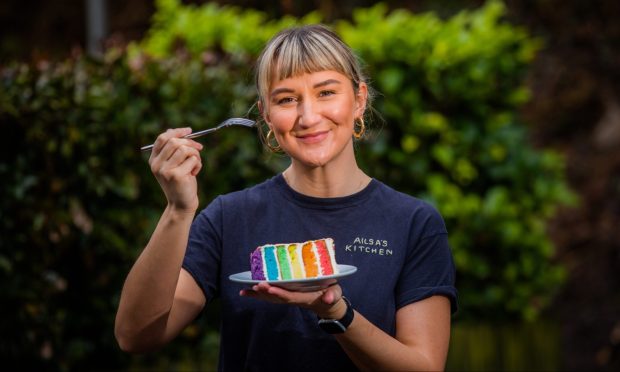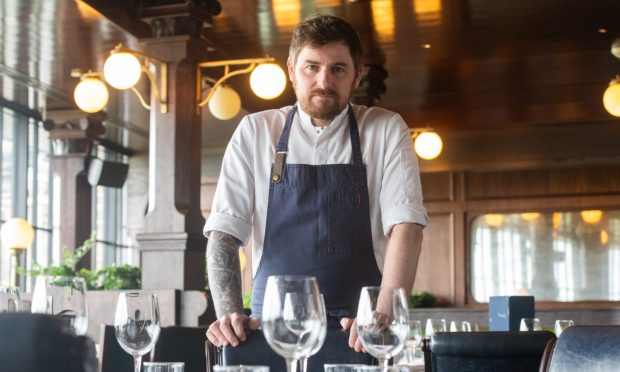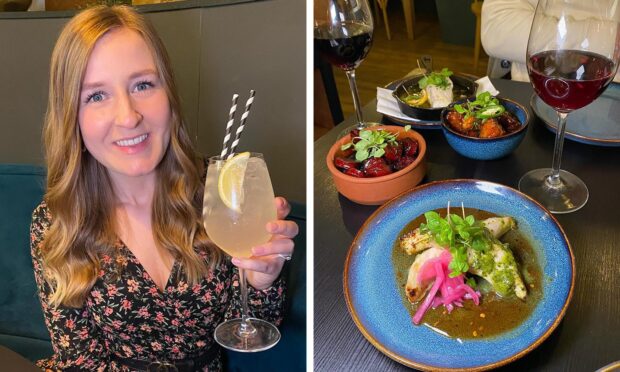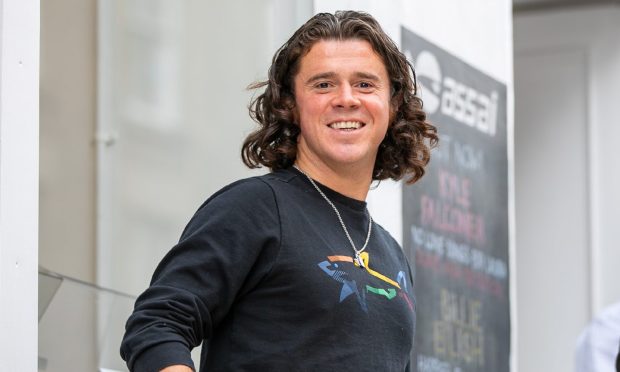After a cheese company put out a job advert for a new cheesemaker to join their ranks, cheese fan Rebecca Shearer found out more about what it takes to become a maker of cheese and whether her passion for eating it is enough to get her the role…
Cheese lovers across Fife have been rejoicing at the emergence of a rare opportunity to become a cheesemaker with St Andrews Farmhouse Cheese Company, just north of Anstruther.
The best part is, you don’t have to have experience in making it, but a passion for eating it will help the lucky candidate be successful in the role.
Jane Stewart, owner of St Andrews Farmhouse Cheese Co, says that one of the main parts of the job will be establishing and developing their award-winning Anster cheese and their St Andrews Farmhouse cheddar.
She said: “We have established a brand over the last decade, which sells well for us and which people have come to know and love. That is certainly going to be the starting point, and once somebody is established in the role, we’re always open to suggestions but the main element is making the cheese of the brand we are already known for, which is loved by those who buy it.
“It’s a big job to learn the cheesemaking itself, the core job of how to make cheese, before you even start thinking about what else you might like to do over and above that.”
Being a cheesemaker
Making cheese is a lot more complex than it sounds, but Jane says there are three core elements that any successful cheesemaker needs to master.
She said: “It’s an interesting job. I always say that cheesemaking is made up of three elements and each of these elements is equally important in the job.
“The first one, of course, is the craft and the skill of making the cheese, which is all about learning the recipe and the attention to detail that you need at every stage. You need to be particular, that’s one of the main things.
“The second element is hygiene and cleaning. When you’re making a raw milk cheese, you have to be very hygienic, very clean and tidy – that is essential as well, which I’m sure everybody will be pleased to know. This element runs right the way through the whole job as well and is required at every stage.
“The other third is the physical part of it – you don’t need to have a gym membership when you’re a cheesemaker. You’re tasting and making a really tasty product and you don’t need to go to the gym. You’re having to lift cheeses, you’re on your feet constantly, it’s exercise, you’re not sitting down at all, you’re bending, stretching, lifting and carrying every day.”
A typical day
Though there is a lot of routine involved, Jane doesn’t feel there is a typical day when it comes to being a cheesemaker.
Jane continued: “There probably is a typical day when it comes to being a cheesemaker, but I don’t know what that is. There is an element of routine associated with it, because you’re following a recipe, so you’re coming in and starting off with getting the milk that’s come from our cows, which are based here on the farm and are milked every day, twice a day, no matter what.
“On the day that we make cheese, there is also a routine, because once the milk comes round fresh, we start the recipe of making our cheeses. There is also an element of seasonality to it because the milk can change depending on the time of year and depending on what the cows have been fed. These elements do affect it, so it’s not a banal monotony – you have to be very aware of the product and know when and how to adapt the recipe according to the seasonality.
“Our Anster cheese matures for two months, which is quite a short space of time, but our St Andrews Farmhouse Cheddar needs at least nine months to mature. I always joke that it’s like a baby – these cheeses are my baby and I take nine months to produce these babies. At the end, you hopefully get something that’s worth the wait!”
Passion for cheese
Though you don’t have to be a lover of cheese, Jane says a taste for it definitely helps when you’re in the role.
She added: “You don’t have to love cheese to do this job, but it definitely helps because I always say that if you enjoy what you make then you know when it tastes good. When we’re cutting cheese for orders, I always say to the team to taste the cheese. That way you get to know what the seasonality is like and whether it’s up to standard. That’s quite important as well.
“You don’t have to love cheese, but you can still learn to appreciate it. It’s not essential, but it is important.
“If someone came to me and said ‘I hate cheese and I don’t like milk’ then I’d be thinking about whether they were really going to get passionate about the role. The more passionate you are genuinely about the product that you’re making, the more people enjoy the job and the better you’ll be at it as well.”
An accidental career
Being one of the most well-established brands in Fife’s East Neuk, Jane is well aware that being a well-loved cheese company means she will have to be sure to get someone in the role who is just as passionate about cheese as she is.
She continued: “We are the only farmhouse in Fife who make cheese and we have built up this reputation for it, so we’re very proud of what we do. I would say that this is a career opportunity people might not have thought of because nobody leaves school thinking ‘I’m going to be a cheesemaker’.
“It’s a career you sort of fall into by accident and it’s a very interesting journey. If you have ‘cheesemaker’ on your CV, it will always be a point of conversation and people will always be interested.
“The role is open ended at the moment. I have a team of three and the guy who is vacating the role has worked with me for about three years. He actually enjoys the job and is only leaving is because he needs to relocate for family reasons. I would like to employ somebody as soon as possible but I will take the time that it needs to get the right person.”
More about cheese…
Say cheese! How to put together the ultimate board of tangy delights
